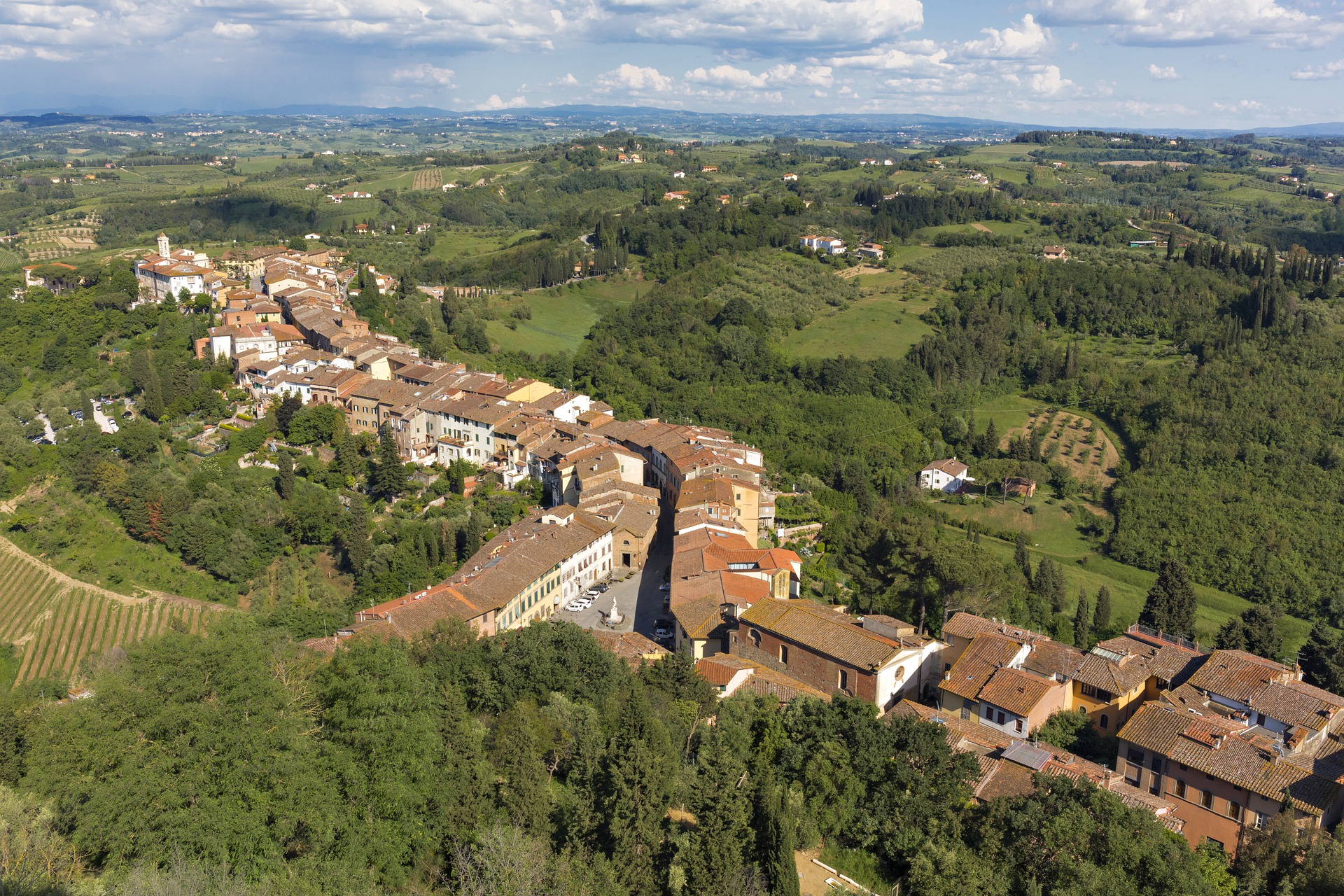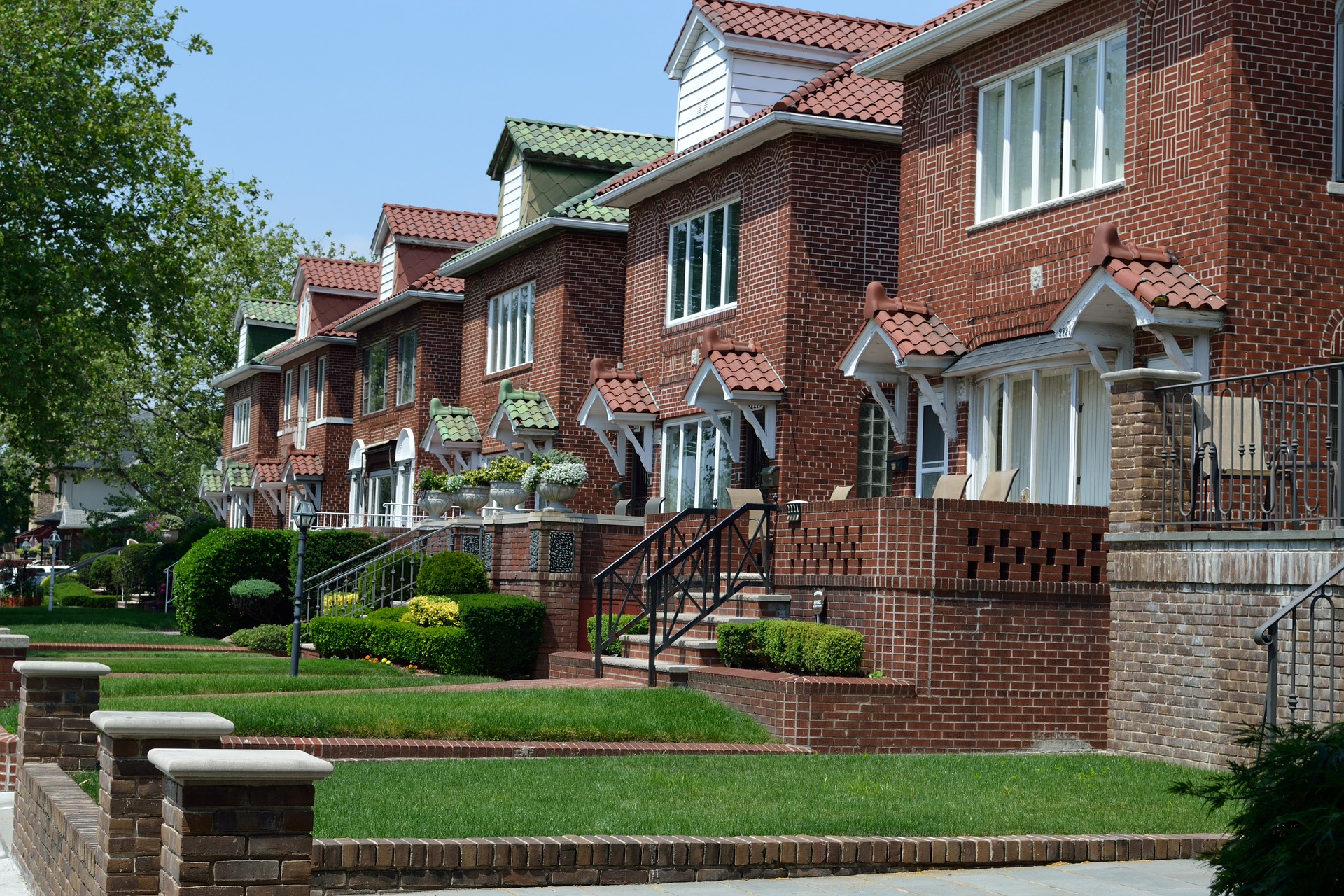Community water treatment systems follow a few steps to meet the needs of their residents and businesses, including:
The EPA classifies public water systems as any that provides at least 15 service connections or serves 25 people on average for at least 60 days in a year. The U.S. contains more than 148,000 public water systems, serving families that consume 300 gallons per day on average. Municipal water suppliers also handle commercial demand.


